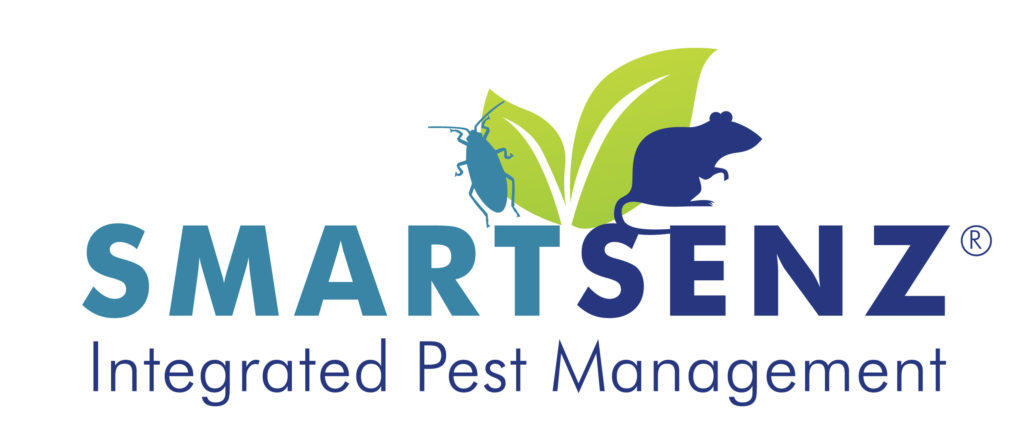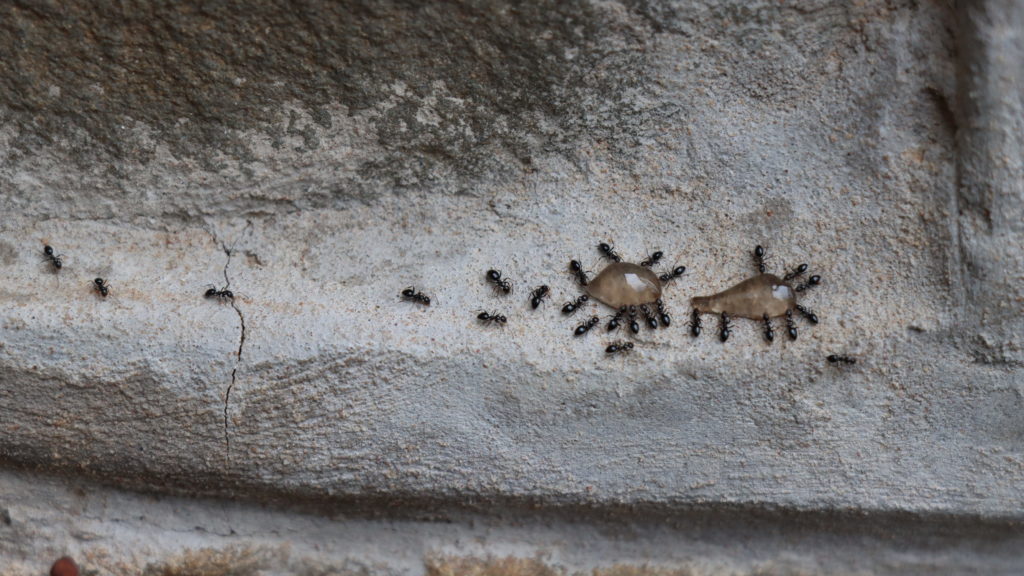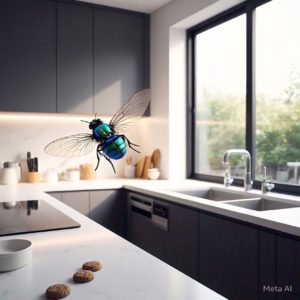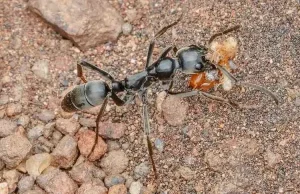Ants are fascinating creatures with complex social structures, but when they invade our homes, they can quickly become a nuisance. Understanding their behaviour and biology is essential for effective pest control. Here are some insights to help you deal with ant infestations
Identification:
Ants are tiny but mighty creatures that come in various species, each with its own distinct characteristics. Common types you might encounter in your home include pavement ants, Carpenter ants, Odorous house ants, and Argentine ants. Identifying the species invading your space is crucial for implementing effective control measures.

Ants’ behaviour and why they come to your home:
Ants operate as highly organised colonies, with each member playing a specific role. They leave pheromone trails to communicate and navigate, which often leads them straight into our homes. Their relentless foraging behaviour is driven by the search for food, water, and shelter, making residential spaces an attractive target.
Entry points:
Because of their small size, they can infiltrate homes through the tiniest of openings. Common entry points include gaps around doors and windows, cracks in walls, utility lines, and openings in the foundation. Identifying and sealing these entry points is crucial to preventing ant invasions.

Sanitation:
Ants are drawn to areas with readily available food sources. Keeping your home clean and free of crumbs, spills, and food debris is essential for deterring them. Store food in tightly sealed containers, promptly clean up spills, and take out the trash regularly to eliminate potential attractants.
Natural remedies:
While chemical treatments are often effective, natural remedies can also help repel ants. Substances like vinegar, citrus peels, cinnamon, and peppermint oil emit odours that ants find unpleasant, deterring them from entering your home. While these remedies may offer temporary relief, they may not provide a complete solution for severe infestations.
Integrated Pest Management:
SMARTSENZ® Integrated Pest Management (IPM) uses a holistic approach to pest control that emphasises prevention, monitoring, and the use of least-toxic control methods. In the case of ant infestations, IPM strategies may include identifying conducive conditions, implementing exclusion measures, and using targeted baits and insecticides as a last resort. Regular monitoring and follow-up inspections are also essential components of IPM to ensure long-term success.
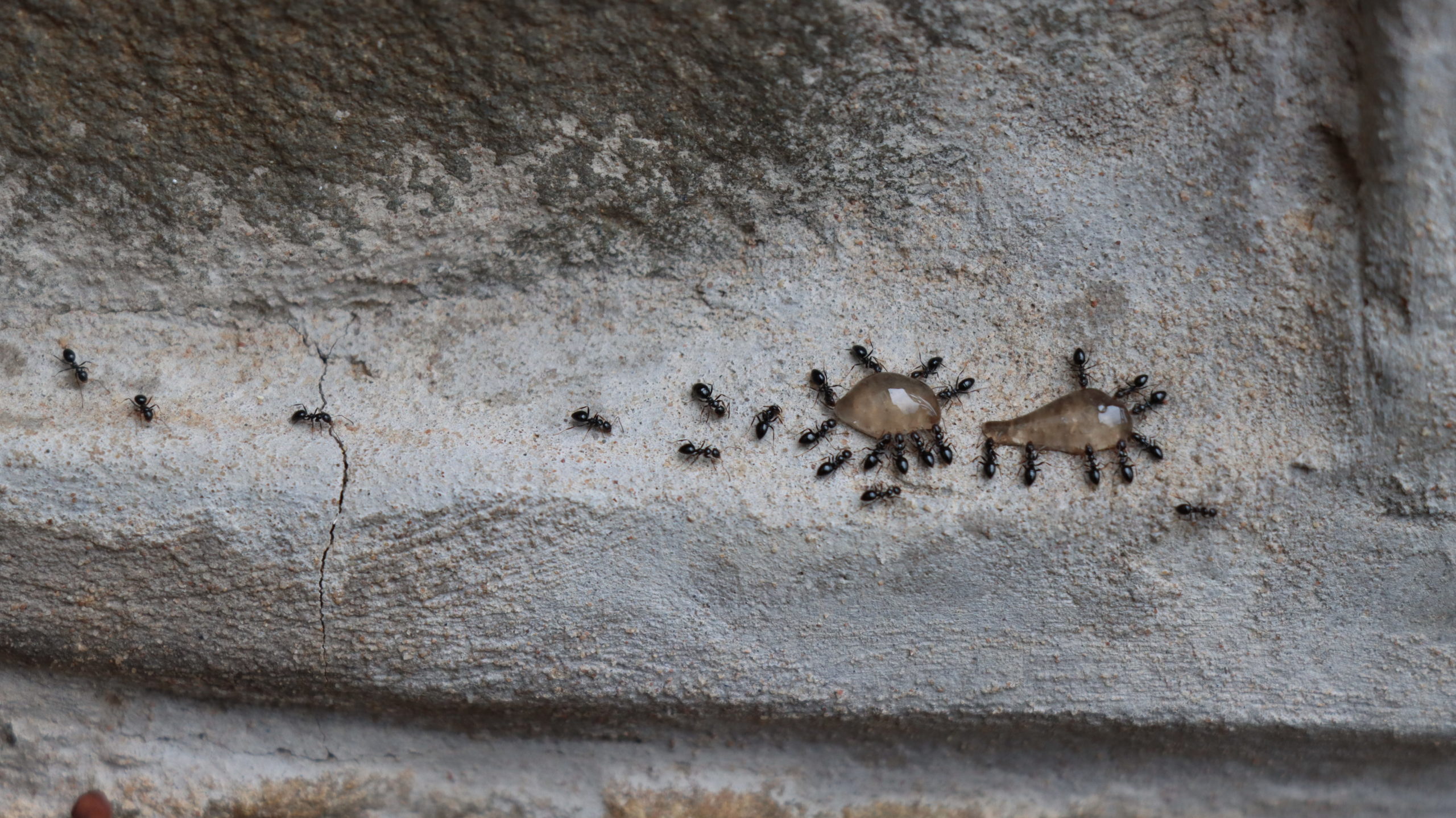
Understanding the behaviour and habits of ants is key to effectively managing infestations in your home. By identifying entry points, practicing proper sanitation, exploring natural remedies, and implementing integrated pest management strategies, you can keep these pests at bay and maintain a pest-free living environment.
